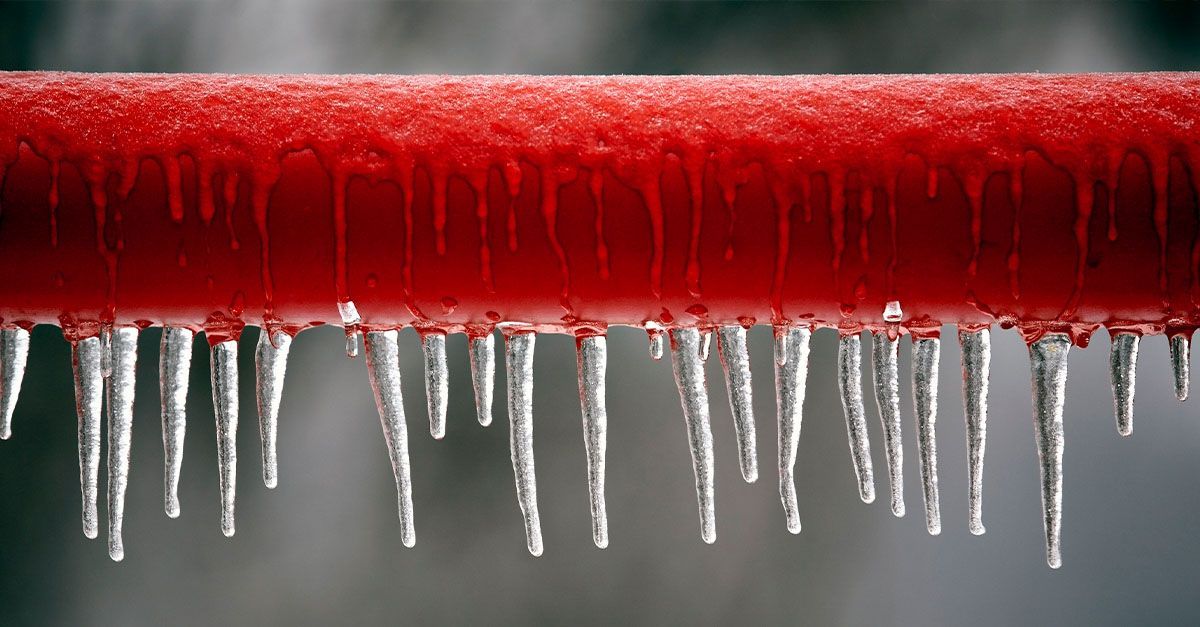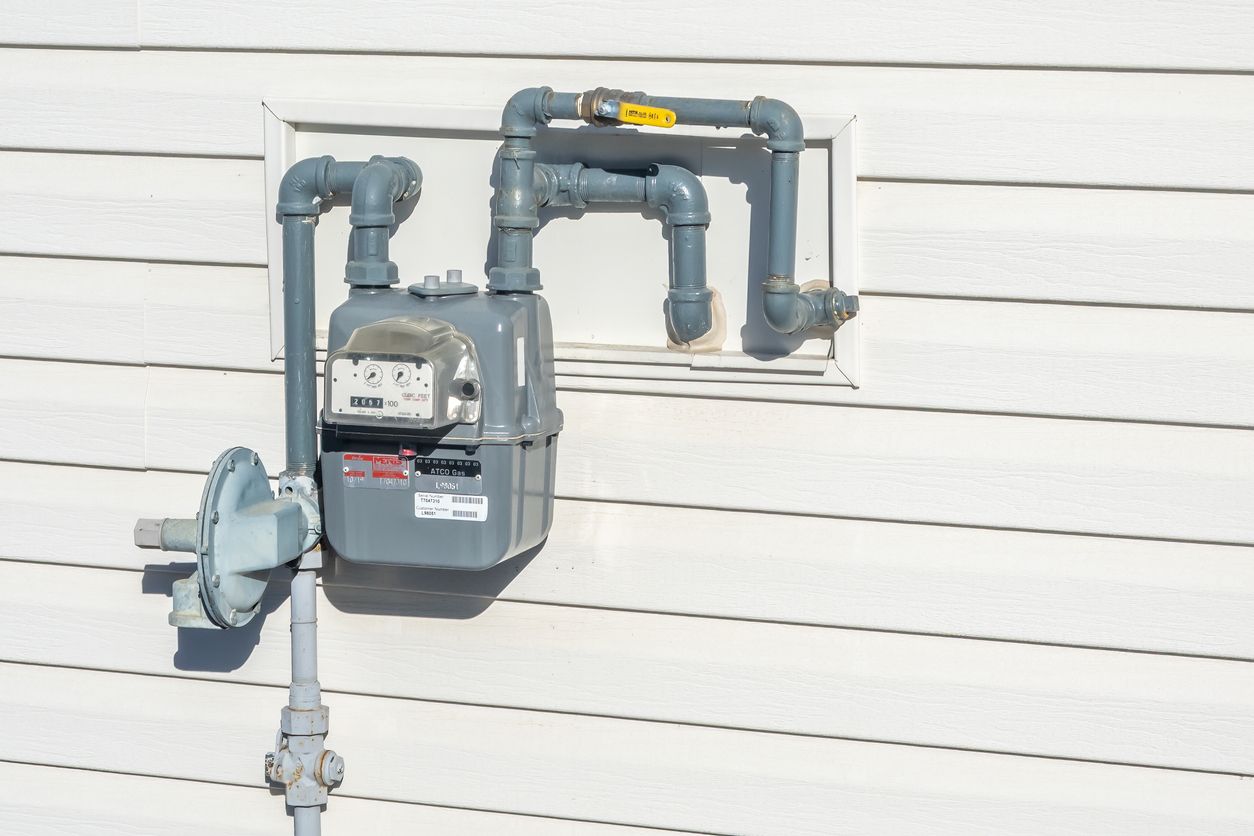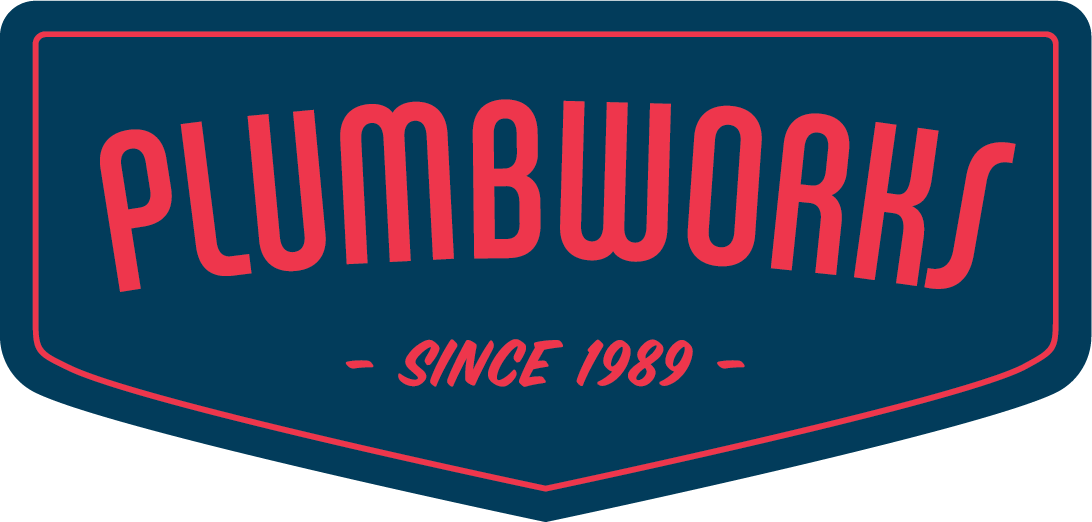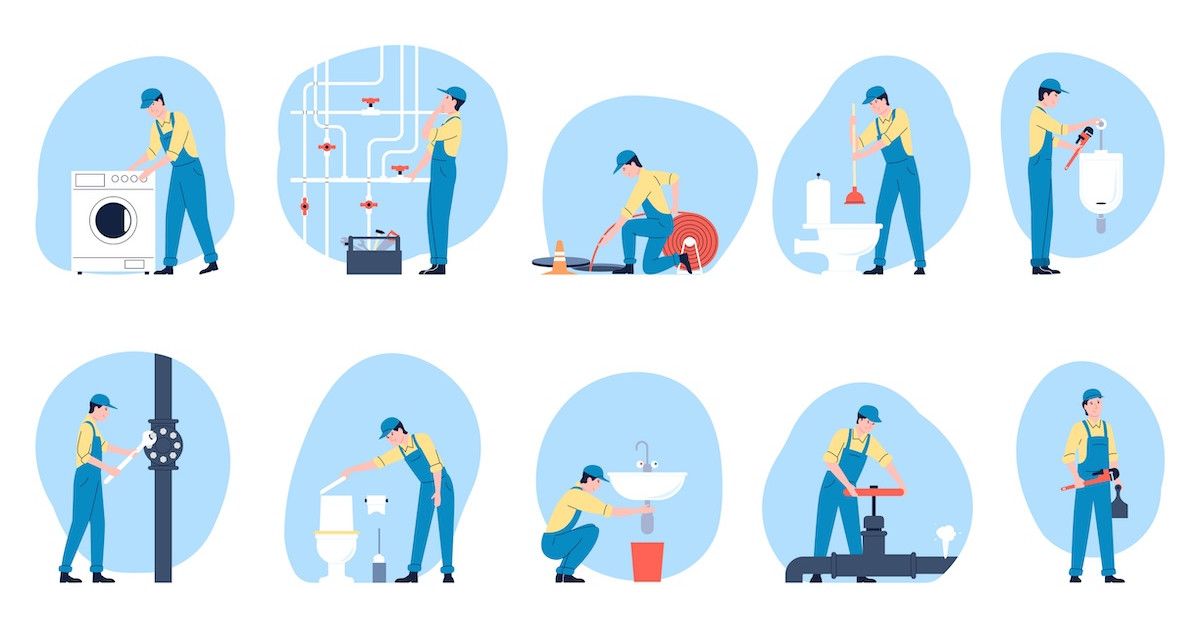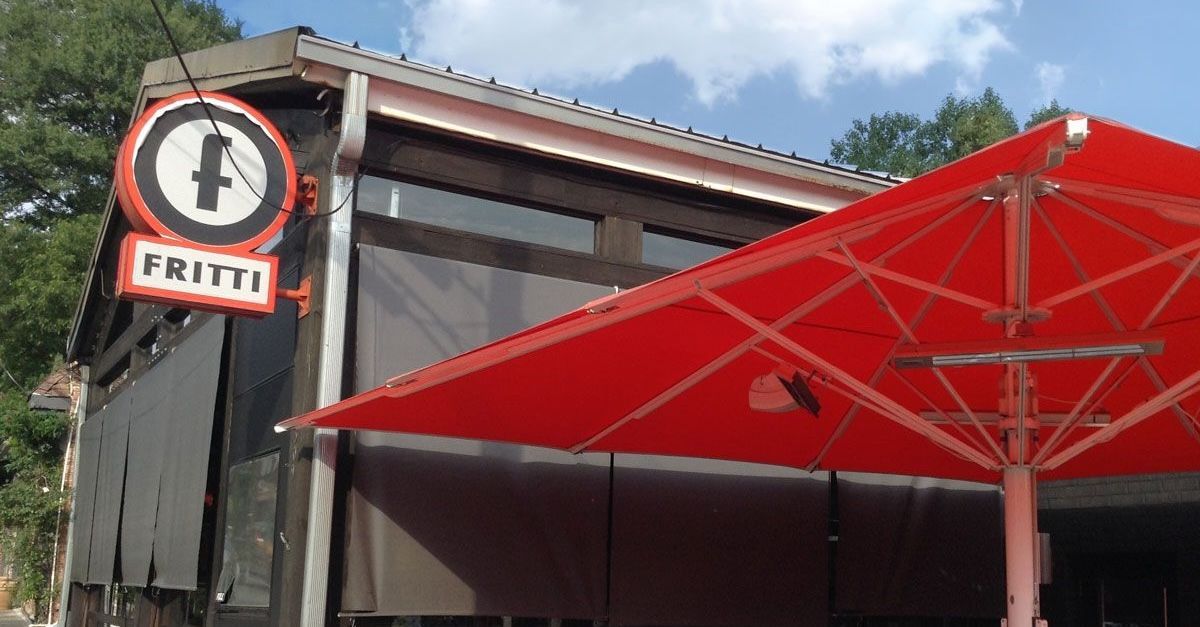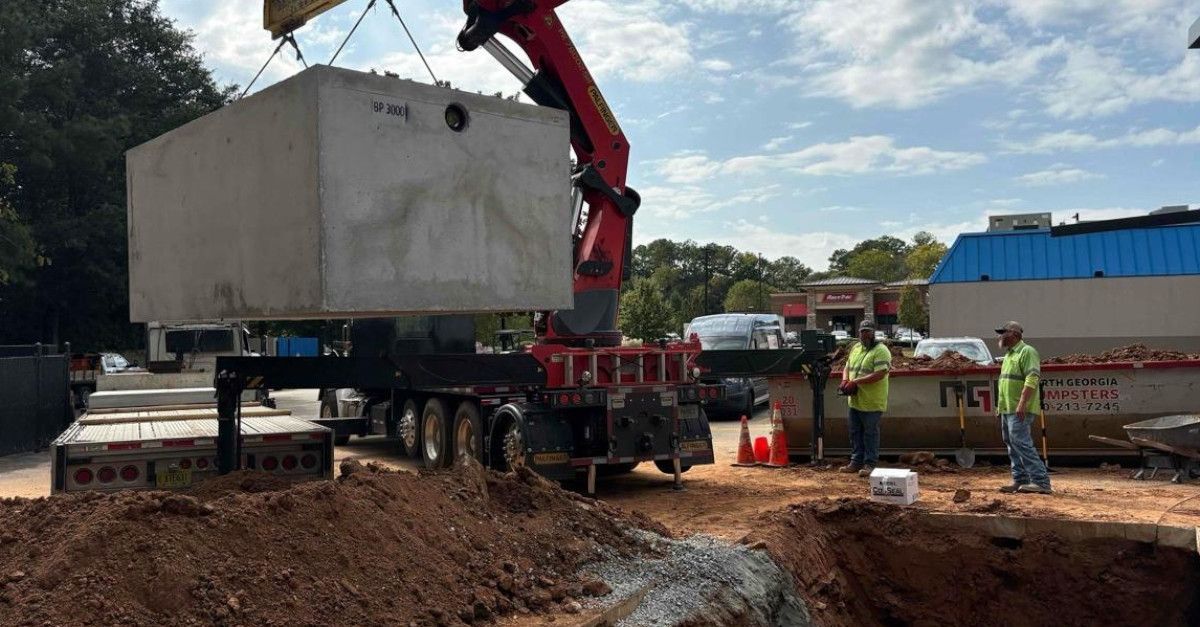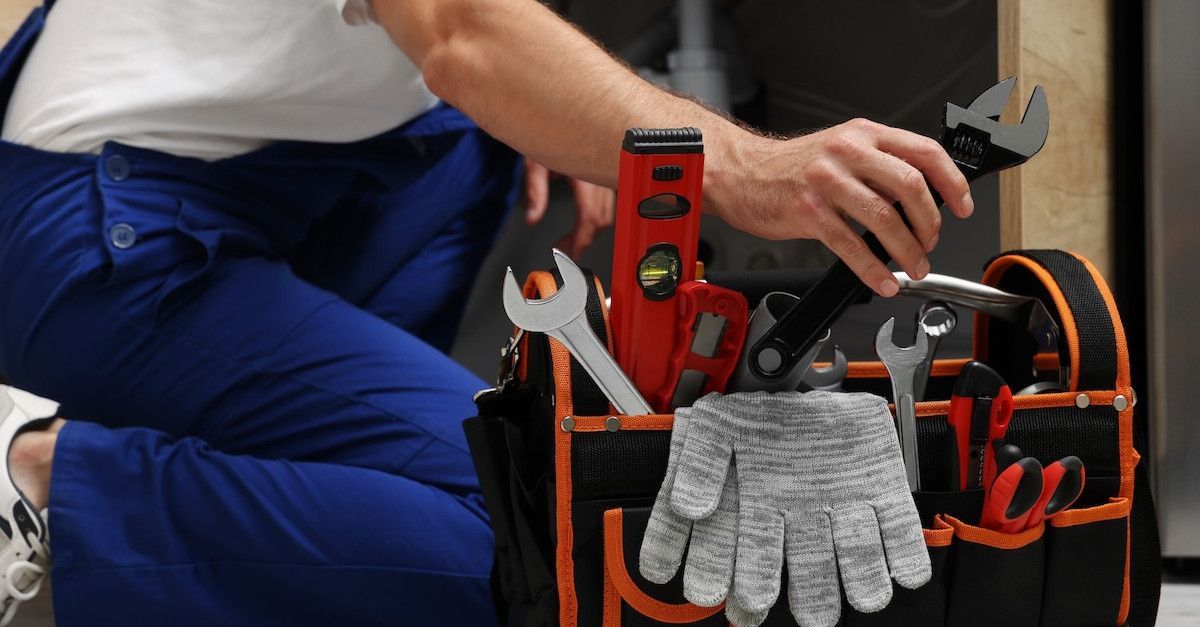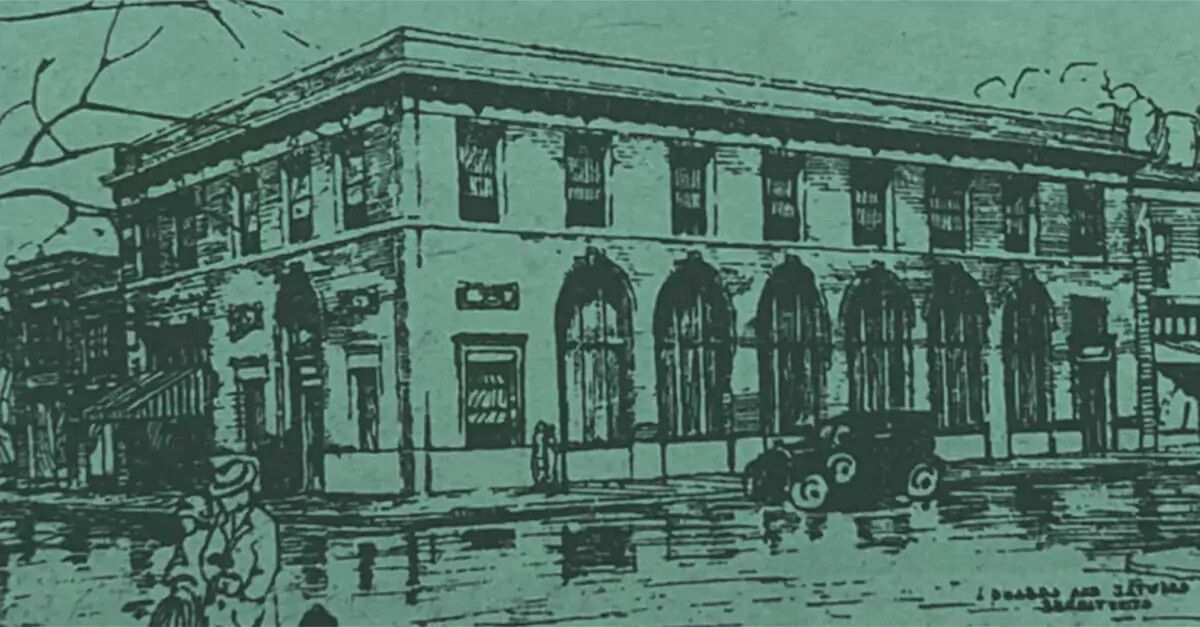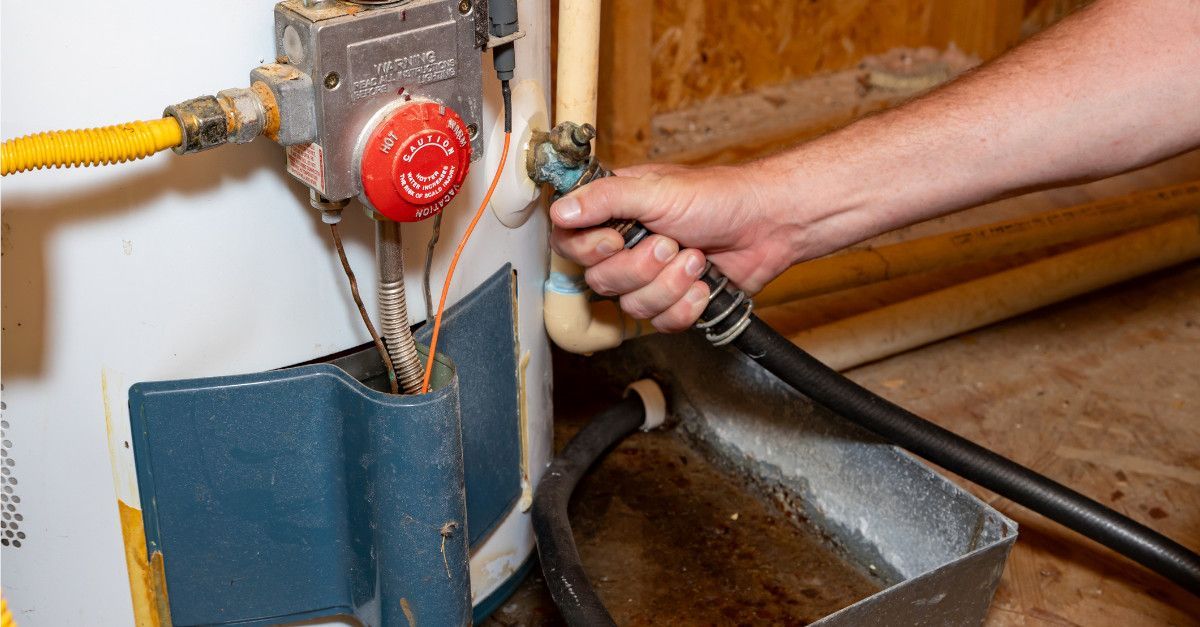Spring Plumbing Tips to Save You Money
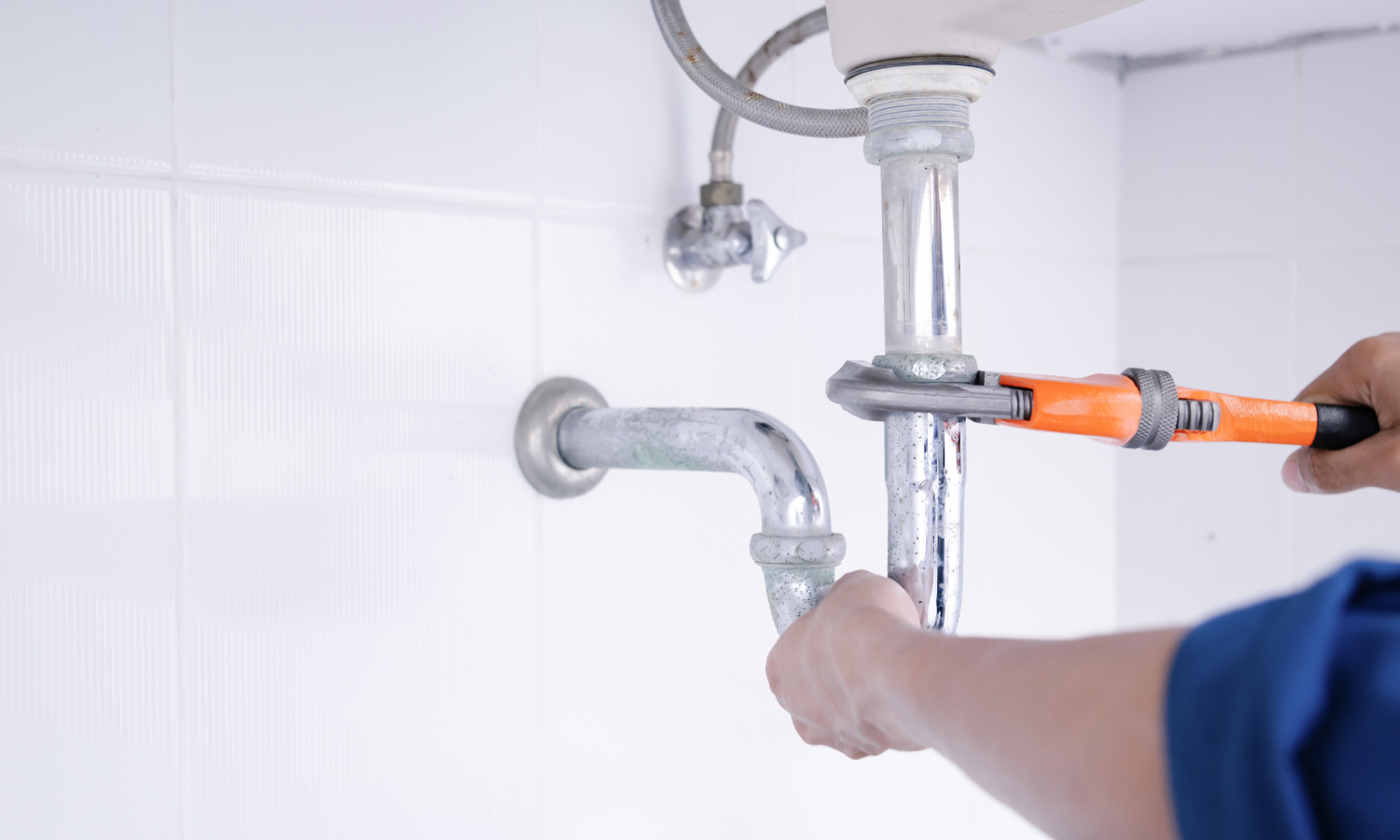
As spring brings in rain showers and colorful blooms, it’s time to turn your mind to your home’s plumbing. Your spring cleaning efforts should go beyond just scrubbing the outside of sinks and tubs, and they should also include taking care of your home’s plumbing. These easy plumbing tips for spring can also help you save money by assisting you in taking care of your plumbing now to prevent costly repairs in the future. Read our list of spring plumbing tips to learn how you can help take care of your home’s plumbing today.
Clean the Gutters, Downspouts, and Drains
One of our best spring plumbing tips involves cleaning your home’s gutters, downspouts, and drains. While these downspouts are not likely to have a direct connection to your home’s plumbing, they can still affect it over time. Overflow from clogged gutters or downspouts can expose buried pipes, leaving them susceptible to damage. Water from the gutters can enter the drainage system if it enters the crawl space or basement and is removed by a sump pump. Drains that become inundated with extra water from a leaking gutter system may also become damaged. Taking your exterior drainage as seriously as you take the pipes inside your tub and toilet will help lead you to a drier, safer home overall.
Add Drain Strainers
This is one of our spring plumbing tips that you may have already implemented. If your drains still don’t have strainers, take the time to add them this season. Strainers in kitchen drains keep food particles out, while the same tool added to the shower drain captures hair and soap scum. The result overall is a reduction in clog formation throughout your home’s plumbing system. Get better drainage and call for clog removal less often with drain strainers.
Check Your Toilet for Leaks
Leaking toilets can damage the floor around them, lead to mold issues in the bathroom, or just raise your monthly water bill and waste clean water. An easy plumbing tips for spring is to do a quick test that is simple enough to do on your own. Simply add a few drops of red or blue food coloring into the tank of the toilet. If you see color leaking into the bowl within 30 minutes or less, there’s likely a leak. Call a plumber if you notice water on the floor around the base of the toilet as well. If you’re not sure if the problem is condensation or a real leak, the plumber can easily determine the cause and recommend ways to solve the issue regardless of the cause.
Test Basement and Crawl Sump Pumps
Sump pumps should operate automatically when water is added to the pit. Visit your sumps every spring and pour a few buckets of water into the pit to make sure the pump switches on and removes the water over time. If your sump pump sounds clogged, doesn’t switch on, or takes too long to remove the standing water, consider having it serviced or replaced before spring rains arrive.

Invest in a Water Heater Inspection
While you can’t open all water heaters safely to do your own inspection of the appliance, a plumber can handle this task for you. Water heaters are prone to accumulate minerals over the heating element and bottom of the tank even in areas with relatively soft water. Hard water definitely shortens the lifespan of the heating element, even with a sacrificial anode in the tank. Let a plumber determine how much mineral deposits are affecting your water heater’s efficiency and recommend a quick solution. You’ll be surprised at how much quicker the appliance heats water and how much lower your electrical costs are once the tank is restored to optimal efficiency. While you’re checking out the water heater yourself, look for signs of leaks around the base of the tank and check that the temperature isn’t above or below 120 degrees Fahrenheit.
Look for Leaky Faucets and Pipes
Notice a subtle drip in your kitchen faucet or a bathroom tap? That could cost you hundreds of dollars per year in raised water costs, especially as the drip worsens. Leaks like these add up, especially if they’re coming from pipes under the sinks in kitchens and bathrooms. Look around the cabinets under any exposed plumbing with a flashlight to catch warning signs of moisture like darkened spots, mold or mildew, and a musty smell. A visit from a plumber can resolve dozens of little leaks that add up to many gallons of water wasted over the course of a month. Preventing mildew growth by reducing water leaks also helps improve indoor air quality throughout the home.
Clear Out Slow Drains
Don’t keep adding chemicals to a slow drain and hope for good results, especially if you’re relying on a septic tank. Professional drain cleaning is the fastest solution that will give you long-term relief from the problem. Removing the real clog can often take the use of a powerful auger or drain-snaking tool that only professionals usually invest in. Letting a professional handle the drain clearing will also reduce the chances of damage to pipes. Finally, you’ll get tips for preventing future clogs that are tailored to the specifics of your plumbing system and habits.
Twist the Water Supply Valves
Here’s one of the quickest spring plumbing tips that homeowners can generally handle themselves. Look for any exposed and accessible water supply valves for your toilets, sinks, and other fixtures. Twist these valves to temporarily close them, then open them back up. This helps break up any corrosion or rust that’s building up in the fixture. If you can’t turn the valve or it seems to still allow water to flow through to the tap or appliance, go ahead and schedule a replacement for that valve. Leaks also warrant the replacement of the valve.
Start Your Outdoor Plumbing Systems
Our final spring plumbing tips is whether you rely on basic hose bibs and hoses, a permanent sprinkler system, or even more complex irrigation to keep your lawn green, spring is the time for testing outdoor equipment. Look for leaks around where the hose bibs and diverters connect to the home’s plumbing. It’s not uncommon for this exposed equipment to break down over the winter, even if you properly drained it in the fall. Get repairs done to your outdoor taps and irrigation equipment before summer arrives and you need the reliable delivery of water to your landscaping installations.
Follow our plumbing tips for spring in one or two weekends to rest assured that you’re ready for summer. Your top choice for Atlanta plumbing, slow drains and leaking plumbing are no match for us here at Plumb Works. Choose us when you need repairs or new installations across the Atlanta area. We can get your plumbing ready for the challenges of spring and the excitement of summer.
